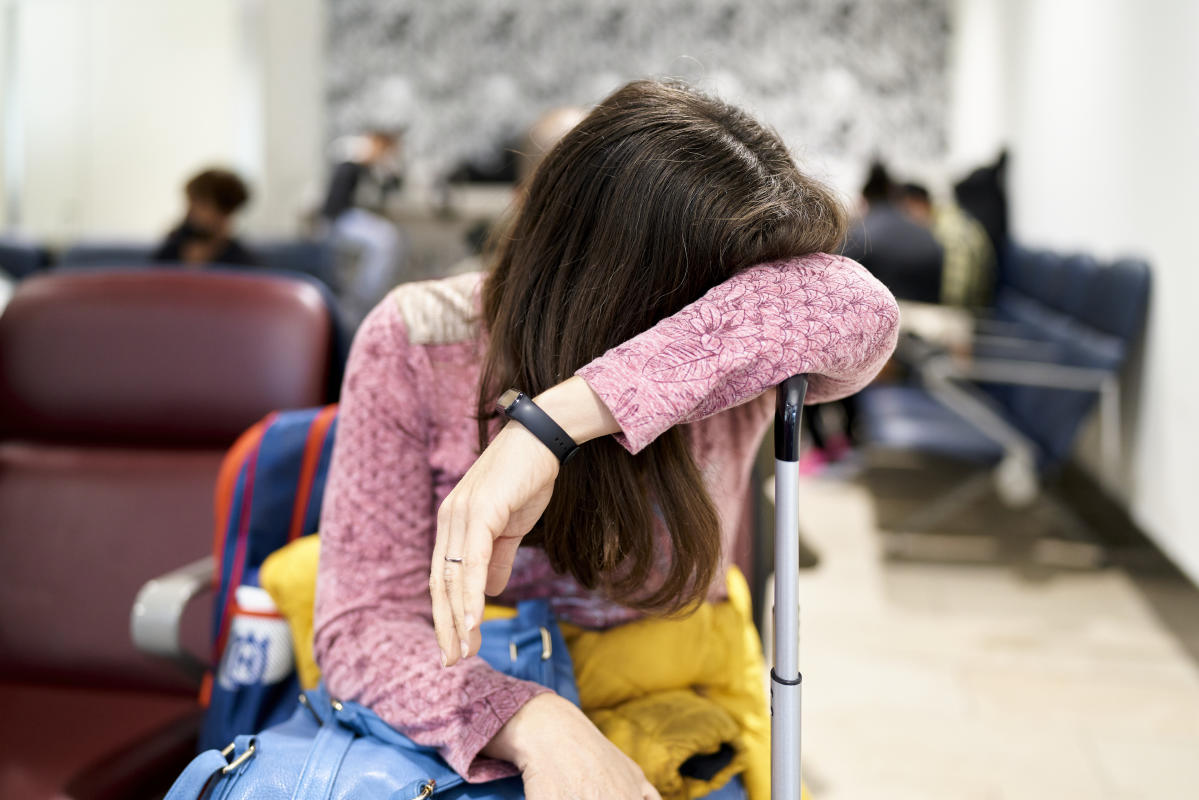
Top 7 Travel Scams and How to Avoid Them
Traveling is an excellent way to unwind and explore life. But if you are not careful, swindlers could quickly snap you out of your holiday euphoria. Travel scams often surge during peak travel seasons. And they can take a variety of forms. Understanding the risks and taking necessary measures to avoid them is essential for enjoying your trip and creating lasting memories.
Top Travel Scams to Watch Out for
According to studies, 48% of travelers are less conscious about their personal safety when they are on vacation. Understandably, a holiday is a time to de-stress. The last thing you want is to worry about swindlers and criminals. But ignoring them is not the solution. Building awareness is a better option to ensure your safety. As you plan your getaway, especially for popular vacation times like spring break, securing your stay becomes crucial. Searching for hotel deals for spring break can not only help you find the best accommodations but also ensure you’re staying in reputable, secure locations. This step is paramount in safeguarding against potential threats that tourists might face.
So, what type of threats should you anticipate?
Distract-and-grab scams
These meticulously planned schemes could involve one or more individuals, who usually start by creating a distraction. For instance, there could be a roadside entertainer or a sudden commotion with lots of people pushing against you. It could even happen when you stop a bystander to ask for directions.
While you are distracted, these scammers will quietly steal the wallet in your pocket, the watch on your wrist, or the jewelry you are wearing.
Cab fraud
When you are new to a city, state, or country, you often rely on cab drivers to navigate unfamiliar routes. But if you are not careful, they could really take you for a ride.
Overcharging for trips is one of the most common scams travelers experience. Drivers could take you on a detour when they know you are new to the area. And when it feels like you have traveled quite a distance, you will be more inclined to pay extra.
There are many other ways cabbies can defraud you. They can take you to shops that pay them commissions. And if you have just arrived from the airport, they could even unload part of your luggage at the hotel and take off with the rest.
Fake notes
When you are unfamiliar with the local currency, you can get caught to numerous frauds. A shop owner, for instance, could quickly switch a note you have given them with a fake one and insist what you have provided is forged.
Thinking the money exchange service has duped you, you will end up taking it back and handing over a new one.
Website fraud
Nearly one in three Americans have encountered a scam when booking their travels online. These almost always involve website fraud.
For instance, cybercriminals could set up fake websites featuring hotels that don’t exist to steal credit card details. Scammers could also mislead customers by creating spoofed websites that resemble reputed ones.
These types of fraud are not just limited to the hotel industry. They can even appear as tour guides and other service providers.

Accommodation fraud
Hotels, motels, and rentals could also swindle travelers by providing misleading information. They can, for example, display photos of expansive rooms with beautiful views and modern amenities to trick you into paying more. But when you arrive, what greets you could be entirely different.
However, these deceitful accommodation owners would usually have a disclaimer in small print hidden somewhere on their websites to protect themselves from potential lawsuits.
Friendly locals
You could meet helpful locals at pubs, hotels, and even on the street. They can offer to take you to popular clubs, souvenir shops, or tourist hotspots and may even invite you to their homes to enjoy a local meal and experience local culture.
But once they win your trust, they could target you for a variety of frauds—they can steal your money and valuables or pass your personal information to someone else in return for cash.
Card skimming
According to the American Hotel & Lodging Association, more than half of credit card fraud takes place in the hotel industry.
But card skimming can happen just about anywhere, even at restaurants, local shops, and gas stations. Stealing your card details only takes a few seconds and a quick swipe. By the time you realize you have encountered a credit card fraud, you could be thousands of miles away from the place it happened.
Protecting Yourself from Travel Scams
So, how can you avoid scams and remain safe while traveling? Here’s what you should do:
- Research your travel destination and get familiar with the local culture, customs, and way of life. And if you are traveling abroad, learn a few common phrases in the local language.
- Download Google Maps or any other location finder to help navigate unfamiliar streets so you don’t need to rely on directions given by strangers.
- Get into the habit of running a quick background search of any new friends you make. You can google their names, check their social media profiles, and search their numbers on PhoneHistory.
- Never take valuables with you when you travel. If you need to, for some reason, avoid keeping them all in one place.
- Travel light when sightseeing. Carry a bag, preferably a cross-body one, to store all your belongings, including your wallet.
- Avoid overly crowded areas. Always grab hold of your bag and valuables when moving through crowds or using public transportation.
- Use well-known websites for booking flights, hotels, and other travel services. But watch out for any unusual activities and signs of website spoofing or hacking.
- Instead of using random cabs on the street, use Uber or a similar taxi-hailing app. Walking is another excellent alternative that can help you explore localities better.
- Take your time to read the small print before confirming your bookings online or signing on the dotted line. Ask questions to clarify ambiguous areas.
Wrapping Up
Holiday swindlers are extra active around tourist hotspots. They can also target you online before you even set off on your vacation. But don’t allow scammers to ruin your holiday spirit. By building awareness about common travel scams and taking necessary precautions, you can easily ensure a safe and enjoyable trip wherever you go.




